Modern Foreign Language
curriculum intent statement
The core language taught at Loseley Fields Primary School is Spanish. Our intention for this curriculum is that children are taught to develop an interest in learning other languages in a way that is enjoyable and stimulating. Learning a foreign language is a necessary part of being a member of a multi-cultural society and provides an opening to other cultures. We encourage children’s confidence, we strive to stimulate and develop children’s curiosity about language. Our MFL curriculum is designed to progressively develop children’s skills in languages, through regular taught lessons. Children progressively acquire, use and apply a growing bank of vocabulary organised around topics. We use a number of resources to design our curriculum, with a core-skills focus in each key stage.
Across EYFS and KS1, children experience the language peppered through daily routines, from saying hello to singing Happy Birthday.
At the core, our LKS2 children are developing confidence in speaking and joining in with songs and sounds of the Spanish vernacular as well as practising greetings and key vocabulary such as numbers and colours.
In UKS2, our children are developing their ability to ask and answer questions as well as converse about their likes and dislikes, read and write their own sentences.
assessment in mfl
Assessment for learning is threaded through all our Spanish teaching using our feedback policy. We use strategies such as Think, Pair, Share and Cold Calling to assess understanding; flexible groupings within the lesson to target children who may have difficulty understanding a particular concept or event; retrieval questions at the start of each lesson linking back to previous learning to name but a few.
At the end of each unit, we do an ‘exit task’ to assess how well they have understood the content of the lessons and the skills they have developed over the course of the unit. These tasks can take many different forms – from responding to verbal vocabulary in Year 3 to holding conversations in Year 6. The teachers then use this information to adjust future planning if necessary to ensure greater understanding. It is also used to inform teacher judgements against the National Curriculum objectives.


